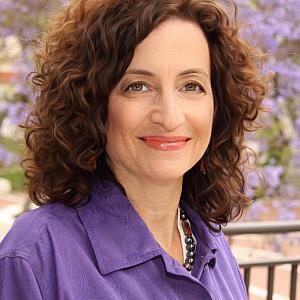
Michelle Levander
Editor and Founding Director

Editor and Founding Director
Michelle Levander is the founding director of the Center for Health Journalism at the University of Southern California’s Annenberg School of Journalism. Since she launched the Center in 2004, the professional journalists who have participated in its journalism fellowships have published more than 4,200 major investigative and explanatory articles in partnership with the Center as well as multi-outlet collaborations. Those journalism projects have won top journalism honors, changed laws, reinvigorated policy discussions, and provoked new community discussions across the nation. Under her leadership, the Center has launched initiatives that nurture collaborative reporting and engagement, building an interdisciplinary community of practice. Among the Center programs she founded, its Data Fellowship, launched in 2015, equips reporters to do their own data analysis to report investigative and explanatory stories on health and health disparities. Its engagement initiative helps reporters to build their reporting around community perspectives by relying on creative strategies to connect their voices to policy action. Levander launched the Center after more than 15 years as a staff reporter and editor in New York, California, Hong Kong, and Mexico, working for Time Magazine Asia, the Asian Wall Street Journal and the San Jose Mercury News. She has received journalism awards from the Overseas Press Club of America (Best Reporting in Latin America), the Inter American Press Association, the Society of Professional Journalists L.A. (Distinguished Work in New Media) as well as a Northern California Co-Producer Emmy Award (Spanish-language Outstanding Achievement Health Journalism). A former Inter American Press Association fellow, she spent a year in Mexico, at El Colegio de Mexico in Mexico City and Michoacán, researching migrant culture from rural Mexico. She has a bachelor’s degree in history and literature from UC Berkeley and a master’s degree from Columbia University’s Graduate School of Journalism.
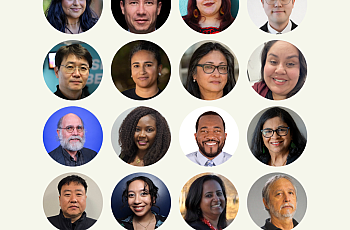
The 2026 Ethnic Media Collaborative is bringing together six California outlets serving Black, Latino, Korean, Indian and Native American audiences.
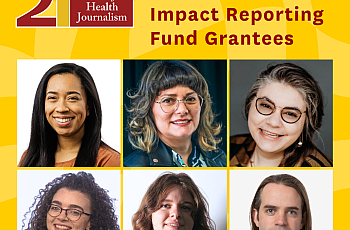
The Center for Health Journalism is pleased to announce the selection of six California journalists who will be participating in our Domestic Violence Impact Reporting Fund.
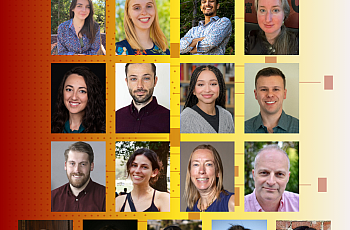
We're excited to announce the selection of 17 talented journalists who will be participating in our 2025 Data Fellowship and joining us in LA this week.
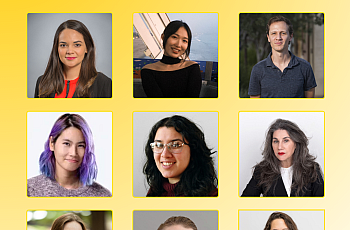
The Center is pleased to announce the selection of nine talented journalists who will participate in our 2025 Impact Fund for Reporting on Health Equity and Health Systems.
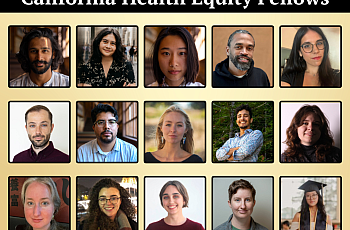
The USC Annenberg Center for Health Journalism is delighted to announce the selection of 15 talented journalists to participate in its annual California Health Equity Fellowship.

The USC Center for Health Journalism is launching the 2025 Ethnic Media Collaborative with a symposium hosted at USC, from January 29-31.
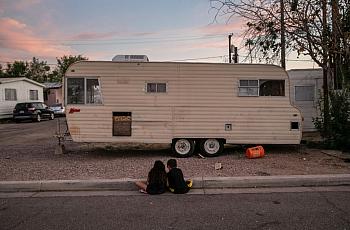
The Center for Health Journalism is thrilled to announce the six grantees for our inaugural Child Welfare Impact Reporting Fund.
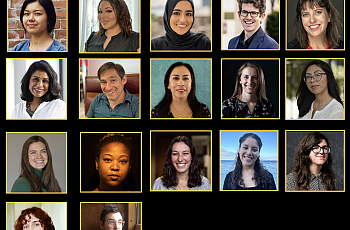
We're thrilled to announce the selection of 17 talented and diverse journalists who will be participating in our 2024 Data Fellowship.